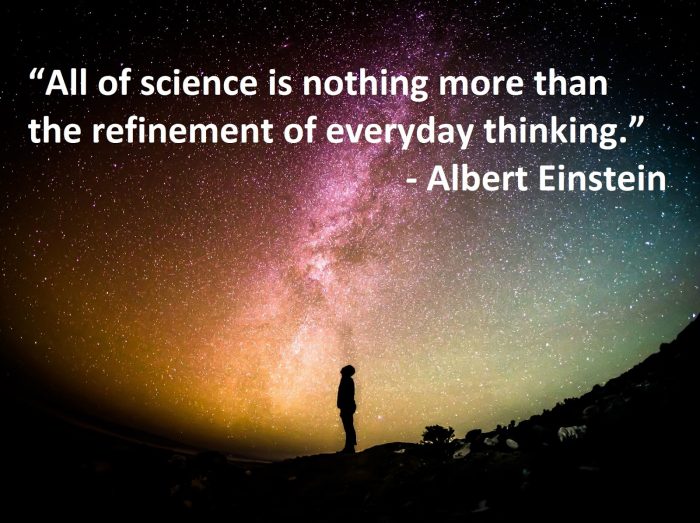
Page Description
Explore ‘The Science of Justice’ and how scientific principles apply to legal and ethical decisions. Learn about the impact of science on justice systems.
Ray Krone’s story is a powerful example of wrongful conviction in the U.S. He was sentenced to death in 1992 for the murder of a woman named Kim Ancona in Phoenix, Arizona, based largely on flawed bite mark evidence. After spending more than a decade in prison—two years of that on death row—Krone was exonerated in 2002 when DNA evidence proved his innocence and pointed to another man as the true perpetrator. His wrongful conviction was one of the first cases to bring attention to the unreliability of forensic evidence like bite marks.
After his exoneration, Ray Krone became a vocal advocate for criminal justice reform, particularly focusing on abolishing the death penalty. He now works with Witness to Innocence, an organization composed of death row exonerees that aims to educate the public about the flaws in the justice system and the dangers of wrongful executions. The group also works toward ending capital punishment in the United States. Witness to Innocence has been supported by The Atlantic Philanthropies (Atlantic), which was one of the largest funders of initiatives to abolish the death penalty in the U.S.
Atlantic has played a significant role in financing death penalty abolition efforts, including legal defenses, advocacy campaigns, and public education efforts aimed at revealing the inherent risks of wrongful convictions and state-sanctioned executions. Through its support of organizations like Witness to Innocence, Atlantic has helped elevate the voices of exonerees like Ray Krone, who can speak directly to the grave errors in the justice system.
Krone’s advocacy work and personal story have made him a key figure in the broader movement to end the death penalty across America.
1 Ray’s Story: A Death Penalty Mistake
Back to menu
2 Forensic Science Put Me on Death Row for My Teeth | Innocence Ignored
Back to menu
1 nov 2018
Most people are introduced to forensic science through TV and film, and because of this we have come to see forensic techniques such as ballistics, footprint analysis, and bite mark identification as foolproof methods for solving crimes. But many forensic science techniques were not developed by scientists. They were developed in crime labs by law enforcement professionals who needed methods for testing available evidence. These techniques were often subjective, and not run through the same kind of rigorous testing of traditional science.
As exonerations due to newly available DNA testing increased, it became clear that some forensic sciences had actually contributed to the wrongful convictions of innocent people. In this episode we meet two of those people, hear how forensic evidence contributed to their loss of freedom, and learn about how the recent disbanding of the National Forensic Science Commission could mean there’s very little oversight for a field that so desperately needs it.
3 Brains on Trial: Neuroscience and Law
Back to menu
20 okt. 2014
Original program date: June 1, 2013
MODERATOR: Alan Alda
PARTICIPANTS: Anthony D. Wagner, Jay N. Giedd, Nita A. Farahany, Jed S. Rakoff, Kent Kiehl
Alan Alda’s Introduction 00:05
Participant Introductions 2:05
Brain imaging that can read your mind. 04:11
Can we trust what technology is telling us? 6:23
Can the brain imaging tell the difference between reality and imagination? 12:15
When does this information come into the courtroom? 14:43
fMRI and what it does. 18:22
Information bias and technology. 24:41
Printing images of your thoughts. 36:19
Teaching a computer the brain patterns to know it all. 39:30
Jed S. Rakoff, Kent Kiehl and Jay N. Giedd join the conversation. 46:21
Studding the adolescent brain. 48:13
How much is age a factor in sentencing? 53:25
Should we introduce mandatory brain scanning into criminal sentencing? 57:19
The influence of peer pressure on decision making. 1:02:50
Creating a mobile scanning unit for prisons. 1:08:45
If the presents of others in decision making is dangerous, how does a prison atmosphere effect the danger? 1:15:12
If someone is a psychopath should they just be given longer sentence? 1:22:25
What are the goals for the future of brain scanning and the legal system? 1:27:11
4 The Science Of Justice: Fudged Forensics & Faulty Witnesses
24 sep. 2014
5 Saul Kassin: “False Confessions”
7 sep. 2010
6 Human Head Alive In Jar, Knocking Biker’s Head Off, Bird Flies Out Of Cage Prank
15 feb. 2017
Filmed in Montreal, Quebec Welcome to the world-famous Just for Laughs Gags channel, where we pull public pranks on unsuspecting Montreal residents and tourists.